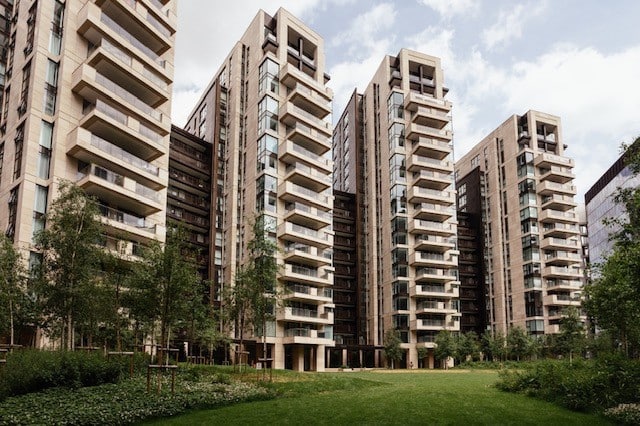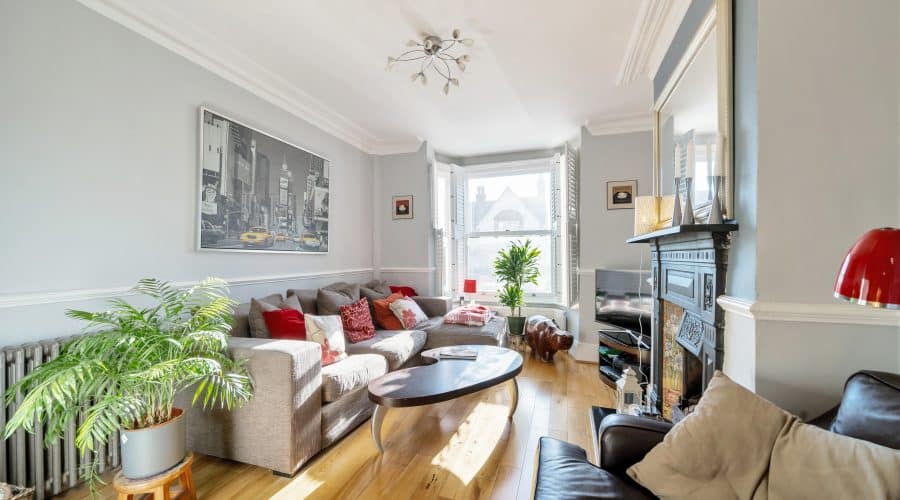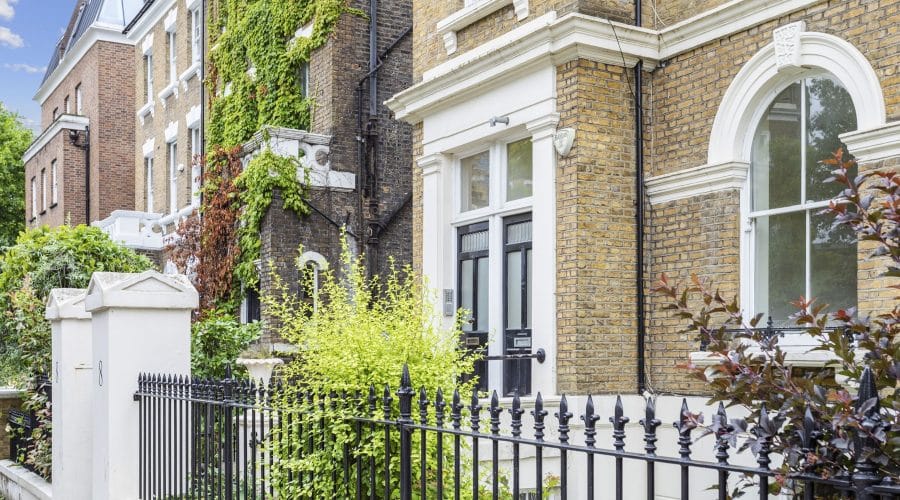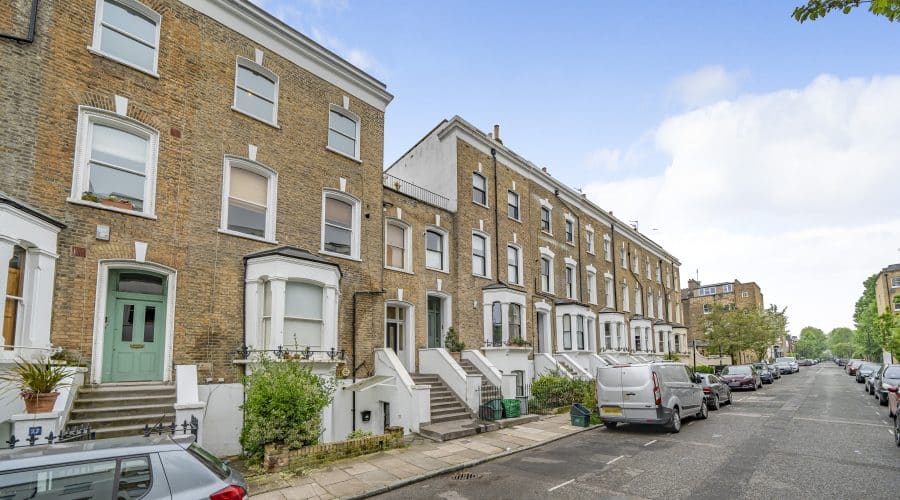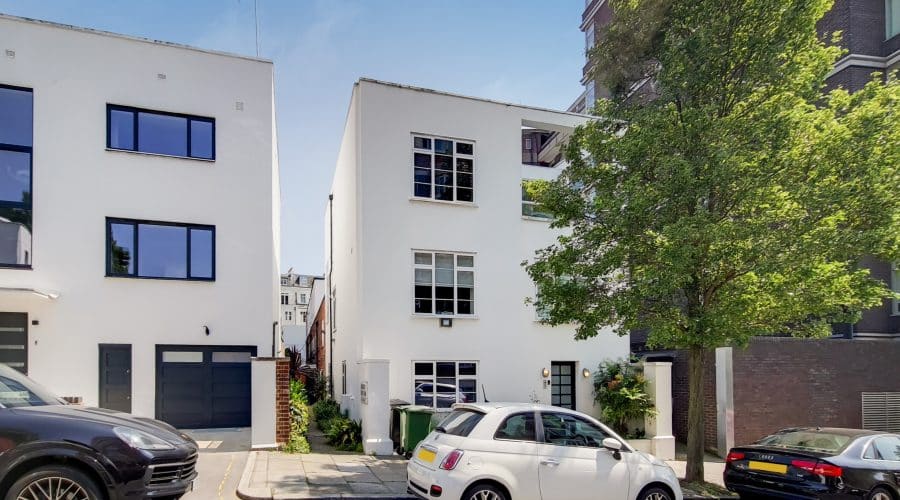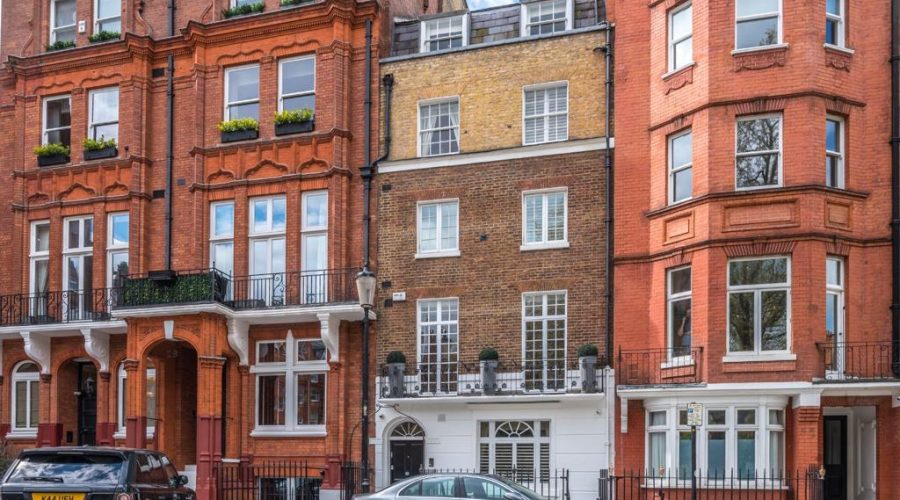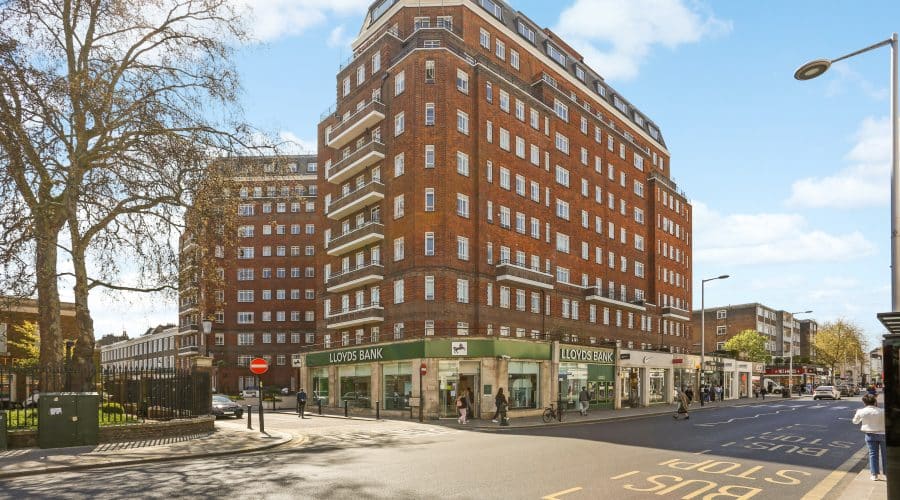By Graham Norwood
CANNY BUYERS CAN BAG A BARGAIN BY USING THE CHANCELLOR’S LATEST BID TO BOOST THE MARKET
The Government’s stamp duty incentive to encourage first-time and low-paid buyers back to the housing market is one week old – and it may be working, up to a point. It is too early to judge whether there are already more buyers, but a few sellers are cutting asking prices to ensure that their properties fall inside the new threshold, where homes at £175,000 and below are exempt from stamp duty.
Peter Rollings, managing director of London estate agent Marsh & Parsons, says: “On the first day, we began to see vendors who’d been asking around £200,000, dropping prices below the threshold. Vendors are already adjusting their behaviour.”
A case in point is a small studio flat in a Victorian house near Clapham Common in south-west London. “We thought it might have sold for around £225,000 last year, but the market’s come off so we were asking £195,000. But when a stamp-duty holiday was announced we thought that we might tempt buyers if we knocked another £20,000 from the price,” says the owner, Clive de Rougemont (Marsh & Parsons, 020-7501 3666).
But what of those other sellers, with properties priced just above the threshold, who are still holding out? If a flat or house is on sale at £180,000 it costs the buyer not only £5,000 more than a property on at £175,000 – it also costs £1,800 stamp duty. What can shrewd buyers do to bargain down the prices of reluctant sellers?
The Independent asked five of Britain’s top buying agents – professional property purchasers who find homes for clients and then negotiate down their prices – to show the best ways that you should view a home on sale and how to bargain hard in today’s market.
View the property carefully
Make notes, take photographs, measure the relevant spaces to ensure your furniture will fit in. Remember, there are few rival buyers around these days so ignore an estate agent urging you to “panic offer” on the property.
Check whether it needs work
A large home on sale at a low price often needs modernisation or is sold by bash-and-botch, do-it-yourself amateurs. Check for damp, inspect windows and sills, ensure roof tiles are secure and look for weather damage on gutters, downpipes and railings.
“If work is required, you will have leverage for negotiation,” insists Philip Selway of The Buying Solution.
Do your homework
If the home is second-hand, check the Land Registry website for sales prices of similar properties; if the home is new, find out about the developer.
“In a softening market it’s likely that similar properties may have sold for less,” says Camilla Dell of Black Brick Property Solutions. “Armed with this evidence will put buyers in a good position to negotiate. If buying from a developer, find out its financial year-end date – developers want to get as much stock sold before year-end and they may make a substantial discount.”
Be ready to go
A third of the few sales happening these days fall through, so you must reassure the estate agent and the vendor that you will be able to proceed.
“Show copies of mortgage offers to prove the money is there. Make the agent aware that you’ve discussed it with your lawyer. Ask the right questions about running costs and council tax and see the property at least twice to show that you’re committed. When you have done all that, you’re in a strong position to proceed with a cheeky offer,” says Mark Parkinson from Middleton Advisors, a south of England buying agency.
Find out about the seller
“Obtain as much information as possible. If the vendor needs to sell their home to buy the property they want, they’re much more likely to accept a lower offer,” explains Jo Eccles of Sourcing Property, a London agency.
“Are they in debt, getting divorced or in financial difficulties? These factors will influence what they’re likely to accept. If you’re very brave, you may consider doing some sleuthing among the neighbours,” adds Jo Aldridge of Stacks Property Search & Acquisition.
Negotiate and bargain hard
Data from Hometrack, a consultancy that analyses estate agents’ figures, suggest most sellers are lucky to get 90 per cent of the asking price – even if that price is already much lower than it would have been a year ago. Don’t stop there, especially if you are within sight of the £175,000 threshold. “I’ve no hesitation in being hard-nosed,” says James Greenwood, managing director of Stacks. In some cases this year he has negotiated deals of a third less than the asking price.
He says: “When the market’s going up, estate agents push prices higher. Now it’s falling, so buyers can get their own back.”



